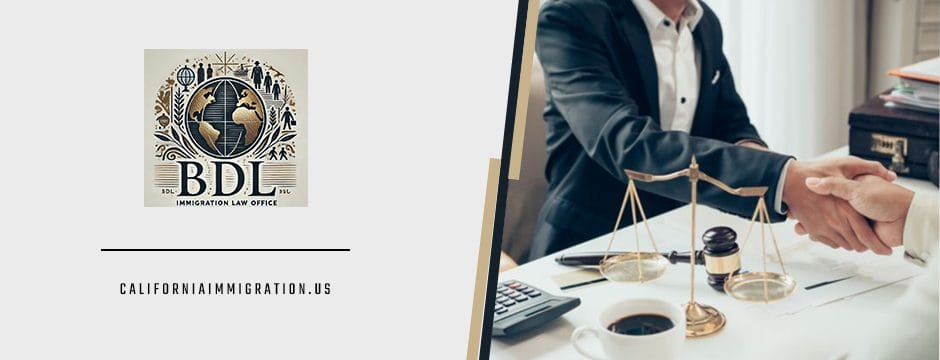CHNV Parole Program Update: USCIS Announces Resumption of Terminations — What You Must Do Now
USCIS has confirmed it is resuming terminations tied to the Cuba–Haiti–Nicaragua–Venezuela (CHNV) parole programs. This follows DHS’s Federal Register notice ending the CHNV processes on Mar. 25, 2025, which set mass parole terminations as early as Apr. 24, 2025; litigation briefly paused parts of the policy, but the U.S. Supreme Court lifted that injunction on May 30, 2025, allowing DHS/USCIS to proceed.
After the stay, DHS announced it was issuing termination notices and could revoke work authorization that was granted because of CHNV parole. If you or your employee relied on CHNV-based parole/EAD, assume status and work authorization may end upon notice or at the stated end date.
Who is impacted
- Individuals paroled under CHNV (including those with I-94 class of admission codes tied to CHNV) whose parole has not otherwise expired.
- Those whose EADs were issued incident to parole or in category (c)(11) based on CHNV.
Immediate steps for individuals
- Check your I-94 and any USCIS/DHS notice for termination dates and next actions.
- Map a durable status: explore asylum (generally within one year of arrival), family or employment filings, or TPS if designated for your nationality. File I-765 under the correct eligibility for your new path.
- Document equities (family ties, work history, community support) for any prosecutorial discretion requests while a new filing is pending.
Employer I-9 guidance
- An EAD based solely on CHNV parole may no longer be valid once parole is terminated. Reverify work authorization on or before the termination date per I-9 rules; do not over-document beyond what the regulation requires
Key timeline recap
- Mar 25, 2025: DHS terminates CHNV programs (FR notice).
- Apr 14, 2025: Preliminary injunction partially pauses implementation (later lifted).
- May 30, 2025: Supreme Court clears DHS to proceed; terminations and EAD revocations may resume.
- June 12, 2025: DHS public update on issuing termination notices.
We can help assess risks, choose the strongest status strategy, preserve work authorization where possible, and prepare decision-ready filings aligned with the post-CHNV landscape.


